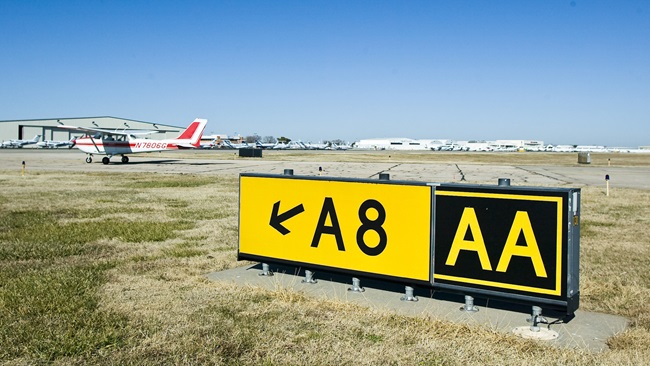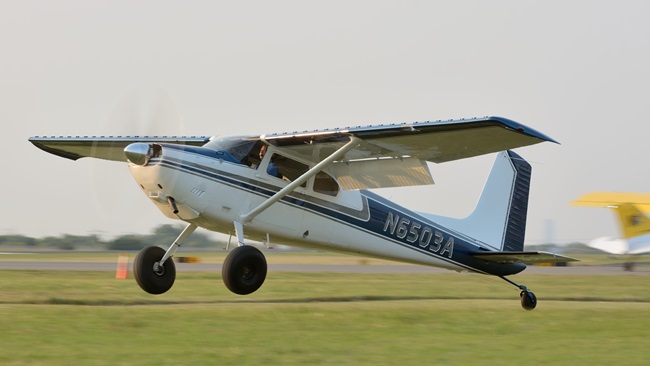Pilots are seen as confident, but some may face unique fears and lack the tools needed to deal with in-flight emergencies. So flight instructor Mark Ross has created Aviator Life Coaching to help pilots discuss and address the issues that they find difficult to face.
Ross is partnering with an instructor pilot in the U.S. Air Force Reserves who teaches future fighter pilots how to handle emergencies in high-performance, complex aircraft. “We specialize in teaching low- and high-time pilots how to deal with in-flight emergencies, as well as facing up to and neutralizing their unique fears and confidence issues as pilots, all by phone,” he said. “The sessions are confidential, and one of us is always available 24/7, if needed. We are giving pilots a venue that they never had before, to be able to open up and discuss safety concerns, fears, and confidence issues in complete privacy.”
The goal of Aviator Life Coaching is not only to make safer pilots, but also to help them to take their enjoyment and freedom of being a pilot to the next level, said Ross.
Ross came up with the idea for this specialized coaching after years of flight instructing. “I always sensed with my students that they had fears and other issues that they weren’t willing to talk about. And these were not just primary students, but advanced pilots,” he said. “I knew there was a fear with certain things like turbulence, weather, and confidence, even with high-time pilots. I felt they weren’t enjoying themselves as much as they could.”
Flight instructors don’t address psychological issues, said Ross. “Most pilots have big egos and don’t want to admit that they have fears and confidence issues, not even to themselves."
Ross became a life coach a year and a half ago, and moved to aviation life coaching six months ago because it seemed, he said, like a natural fit. “I knew pilots needed help, and I felt there was a void that needed to be filled.”
It works by having pilots calling in for a free, one-hour consultation explaining the program.
A 30-year pilot recently called Ross to discuss his fear of turbulence, even after flying for 30 years. “We also discovered that after 30 years, he still wasn’t happy with his landings, especially with crosswinds,” he said. “It’s nice that he now has someone to discuss this with. It’s easy to learn what’s in the flight manual, but [the] psychological aspect is what determines whether a pilot will walk away."
Ross currently has three clients, and charges $45 an hour for his coaching services. “But most times, they get an hour and a half. I don’t rush the sessions,” he said. “They can also call me anytime and if it’s a short conversation, I won’t charge them. I’m not going to get rich doing this. I love aviation and I want to help pilots.”


